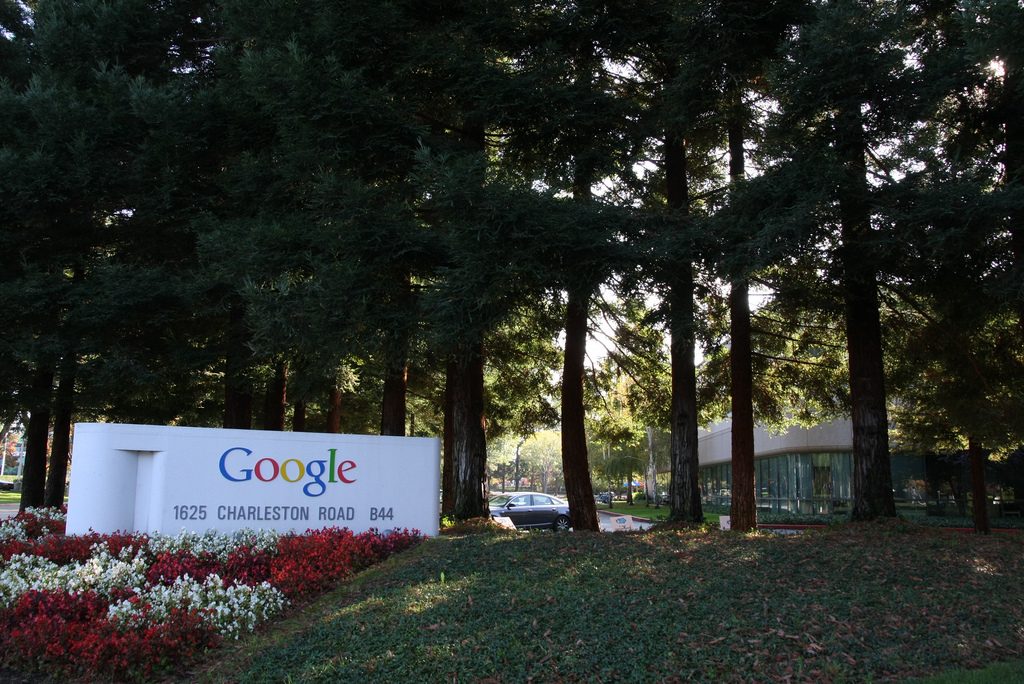Google Fiber, a division of Alphabet Inc (NASDAQ:GOOG), is offering a high-speed wireless internet in Denver, Colo., according to a new report.
The wireless version of the company’s gigabit internet service will soon be available to residents of Larimer Place, a 168-unit condo building at 1551 Larimer St., The Denver Post reported.
Last year, Google Fiber acquired Webpass, which provides a high-speed internet for residential and commercial buildings, primarily using point to point wireless.
Webpass offers business internet connections from 10 – 1000 Mbps and residential internet connections from 100 Mbps – 1000 Mbps. The service currently operates in the major urban markets of San Francisco, Oakland, San Diego, Miami, Chicago, Boston, and Denver.
Webpass offers a hybrid service. It wirelessly beams broadband to roof-top antennas, and cables provide internet access to each unit.
Webpass uses technology that differs from existing gigabit internet providers in Denver. The company uses a fixed technology to wirelessly beam broadband to an antenna it places on top of a building. Then it connects the internet to every unit in the building. Users can directly plug into the Ethernet port or use a home router, the newspaper reported.
Charles Barr, who founded Webpass in 2003, told the Post that the service for Larimer Place residents will be ready in 30 to 90 days.
“Denver is our first new city (post joining Google),” Barr was quoted as saying by the Post. “Webpass’ goal is to expand as rapidly to as many cities as we possibly can. And Denver has a lot of advantages — a growing population, a lot of new construction, and it doesn’t have a lot of (broadband) competition.”
Google Fiber provides fiber-to-the-premises service. It offers broadband internet and cable television to customers in Kansas City, Austin, Provo, Atlanta, Charlotte, Raleigh–Durham, Nashville, Salt Lake City, and San Antonio.
Last October, Google Fiber put a hold on its fiber-to-home expansion due to high costs.
Photo Credit: Kazuhisa OTSUBO/Flickr

